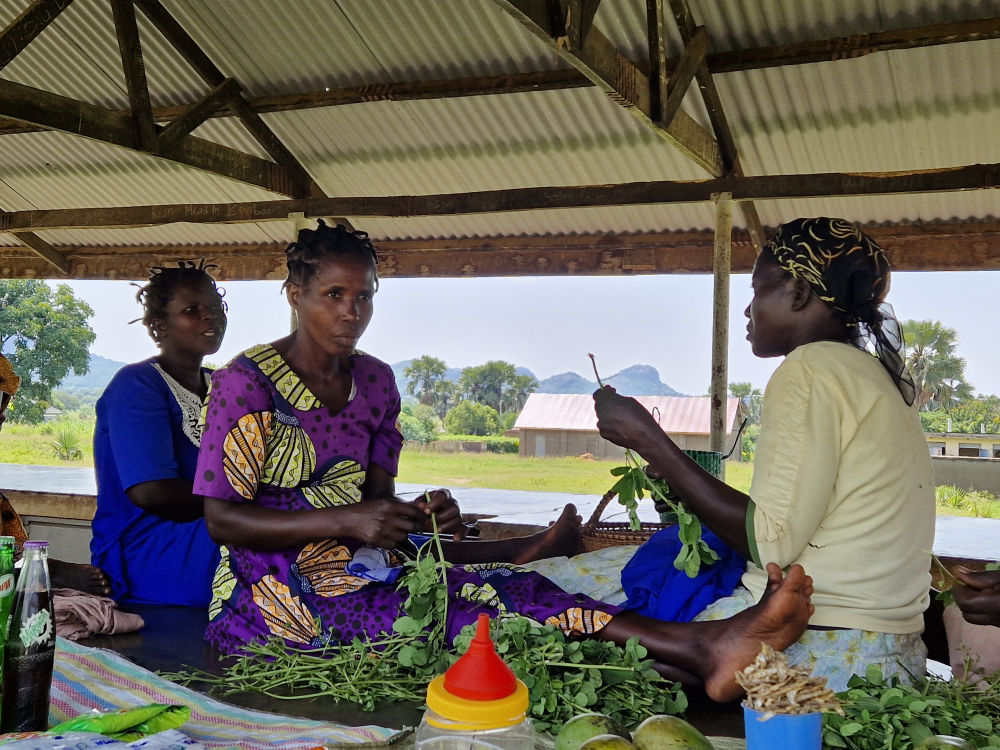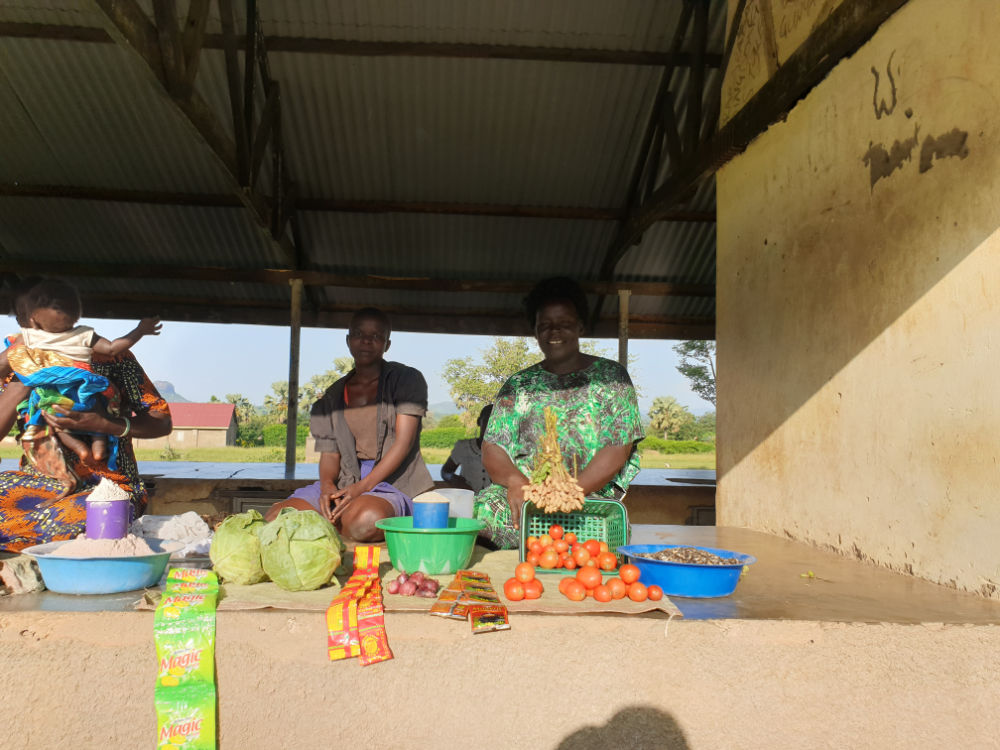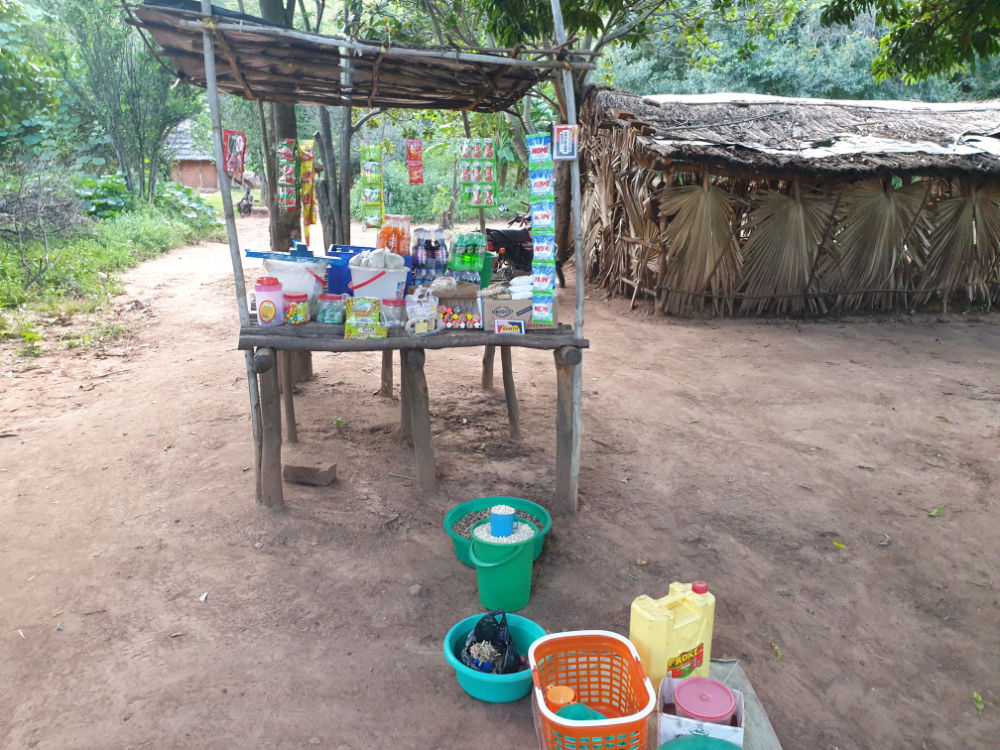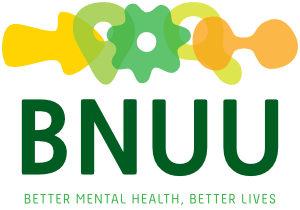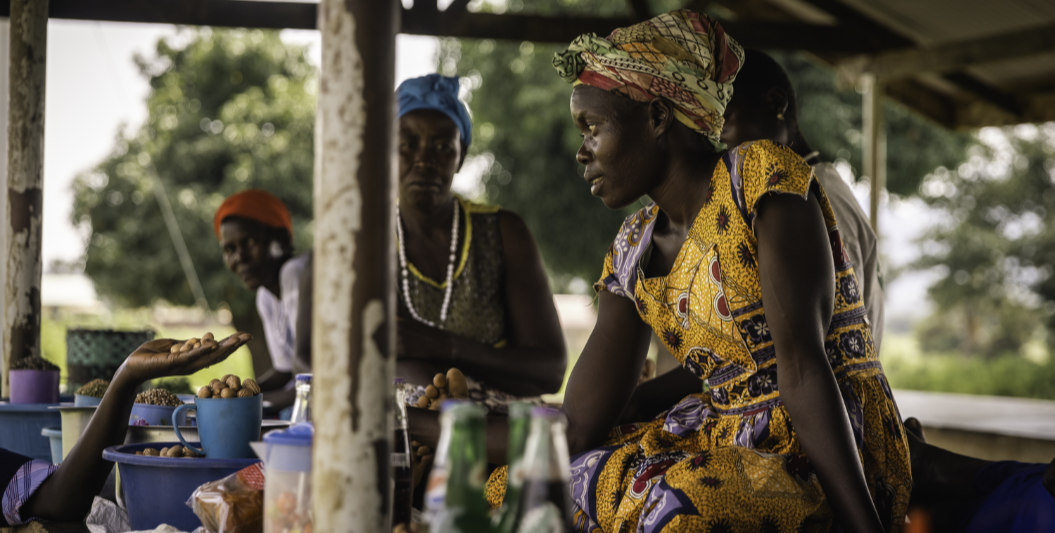
-
Banner photo credit: Simone Fior
PROGRAMME: Livelihoods and Poverty Reduction
Location: Agago District, northern Uganda
- Ongoing
BNUU is working in partnership with Network for Africa to provide livelihoods to 1,269 people with mental illness/epilepsy and their caregivers in Kalongo town Council, Wol, Paimol and Lukole sub-counties in Agago District, northern Uganda. These people have all been participants in the community mental health programme, have formed self-help groups which are meeting and saving regularly, and most importantly, have stabilised their mental health and are adhering to treatment. At this stage in their journey they are ready to make plans for their future. They want to increase their income and break the cycle of poverty and mental illness. We help and support them to do this.
In December 2019, in partnership with Network for Africa and The National Lottery Community Fund, BNUU started a pilot project to provide livelihoods support to 447 participants, who were in 25 self-help groups. Before receiving their livelihoods, all the participants received training in enterprise selection (helping them choose viable and suitable enterprises that would provide them with a steady income); financial literacy (to equip the participants with basic business and financial management skills); village savings and loans (to equip the participants with understanding of the core principles of a village savings and loans system, the importance of saving as a group, understanding the different management roles in a group savings scheme e.g. treasurer, secretary etc.); drug bank training (to explain the concept of a drug bank – a restricted group savings fund that runs alongside the groups’ village savings and loans fund, but is solely for buying medicine should the need arise and to avoid people relapsing; the different management roles and terms of reference e.g. how much should be saved by each member and how often; how to choose the leadership team etc.). Once they had all participated in the training they were given their livelihood items which included consumables such as cooking oil, curry powder, salt, soap, sugar, tea etc.
Photo credit: Luca Galbiati
Such was the success of this livelihoods pilot project that in 2021 and 2023 BNUU was able to expand this programme with support from Network for Africa and the Charles Hayward and Bloom Foundations to enable BNUU to provide livelihoods to 402 more people with mental illness/epilepsy and their caregivers (22 self-help groups). Following the same model and training schedule as the pilot project, BNUU is able to offer ‘wrap-around’ support by providing ongoing mental health services and guidance with their livelihoods, including facilitating shared learning amongst the self-help groups. This approach ensures long-term sustainability recovery for the participants.
The livelihoods investment has been transformational – the participants are proud of their achievements, and have improved self-esteem and confidence. They are earning more, saving more, with a dedicated fund for the drug bank (savings for medication) and borrowing more. Many have now saved enough to build brick houses, invest in their businesses and send their children to school and college – unimaginable at the start of their journey to recovery.
Patrick’s story
“Yes, we set up a drug bank because we were told the outcome at that time that we don’t have medicine at the health centre. So, this money that we will be saving will help us to have access to medication from the pharmacy or from the clinic. And this will help us so that we don’t skip medication. And in other words, this will help to avoid the cases of relapse among patients. On the other hand, this money has also helped us to solve other medical issues. For example, if there is malaria in your family, you are able to borrow this money to buy medicine. And then later you repay it with interest.”
Anna’s story
“Since my child has recovered, I have the dream of continuing with my business and then also getting money to buy a bicycle. Now this bicycle will help me to move in different places to do my business and give me the energy and resources required for me to build a house of my own so that I also feel valued just like other people are in this community.”
John’s story
“Out of the income generating activity I was given, I became strong on my business. My business is now very powerful. It’s doing well. I was staying in a grass thatch house. I got a plan to now have a permanent house with iron sheets. As I talk right now, I have sent my child to Lira to go and buy for me iron sheets to come and roof my house. I’ve said by bye to a grass thatched house.”

